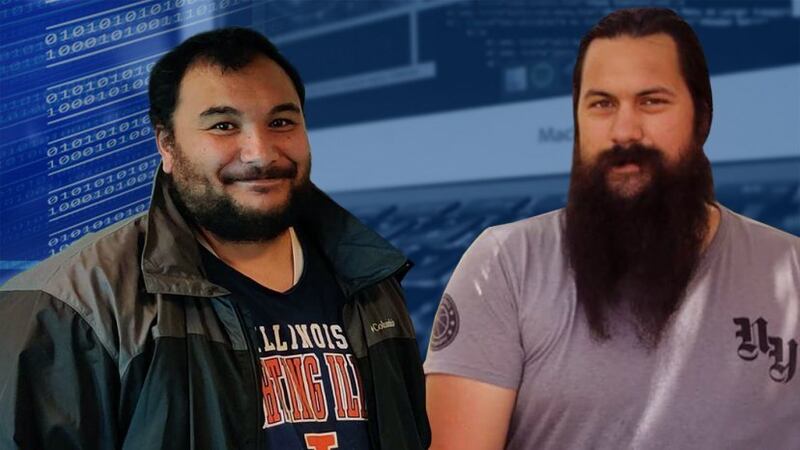Daniel Harrison (left) and Aaron Maoate (right). Source - Daniel Harrison and Aaron Maoate. Used with permission.
A Māori IT/Tech project manager credits being a tutū with helping him enter the IT/Tech industry. Working for Fraedom, a tech company owned by Visa, Daniel Harrison (Ngāpuhi, Ngāti Raukawa, Ngāti Kahungunu and Ngāti Porou) is one of three Māori, that his company employs in IT/Tech. Like other Māori who have come into this line of work, it was his skillset, not his qualifications that enabled him to cross over into this industry.
"I have a tutū degree," Harrison says.
“I grew up playing and working on computers.”
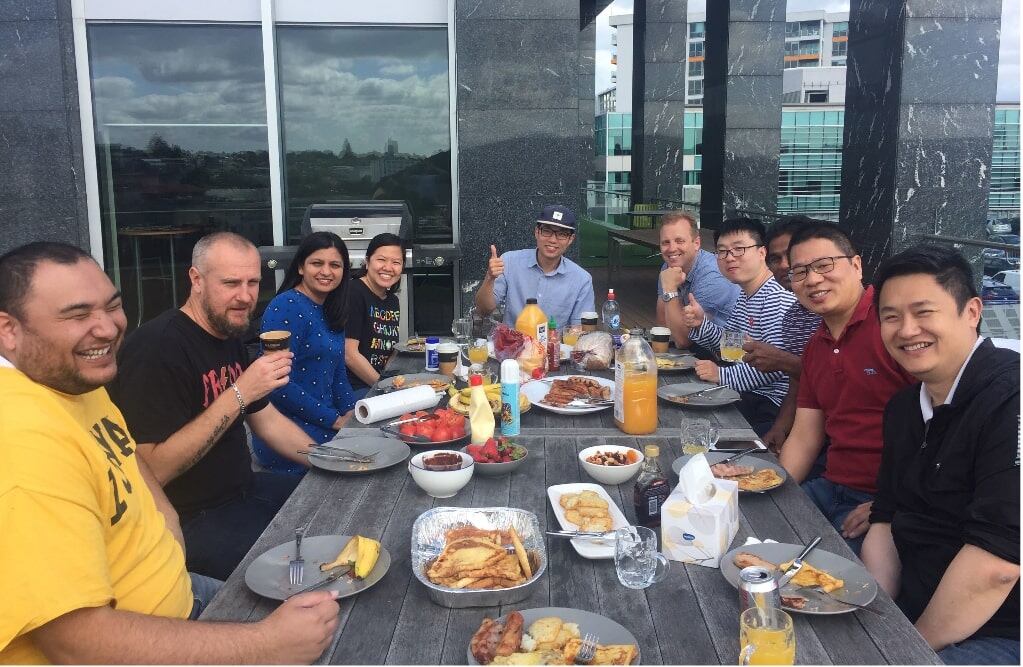
Daniel Harrison (left, close, with yellow T-Shirt), and his team. Source/Daniel Harrison, used with permission.
Leading the corporate pack
Being a tutū meant that Harrison knew enough about computers to work in tech related customer service.
Using the communication skills that he acquired in his time as a Christian preacher in Canada, Harrisons' customer service work built on those skills to the point that he is now an AGILE Product Owner.
AGILE is a framework for building computer software. Harrisons’ job is to take a clients’ ideas, turn them into a vision, and lead his two teams of eight in making that vision a reality.
“Customer service allowed me to build empathy for users. While also identifying how to communicate.”
Harrison says, that IT/Tech teams in his company follow what is called a practice model. Harrison leads his teams, but the team members do not report to him, he is not their 'boss' in the traditional sense. Instead they report directly to HR for all their needs. He controls his teams' time, and he is responsible for their work.
At this present time, Harrisons’ team is working on a project for an American bank to make their software compatible for disabled users. Being fluent in 'tech speak' means that he can understand both client and developer alike.
Although Harrison has since gained some AGILE qualifications and has a basic understanding of code, it is his leadership and communication skills that landed him his six-figure salary role.
"In fact it's best I stay out of it," Harrison says.
Going out on a technical limb
Whereas Daniel Harrison is a corporate tutū, Aaron Maoate (Kuki 'Āirani) is a tutū for hire. Maoate freelances to businesses and individuals who need an IT/Tech guru. Past roles include project manager, website programmer, network technician, IT helpdesk administrator and infrastructure architect.
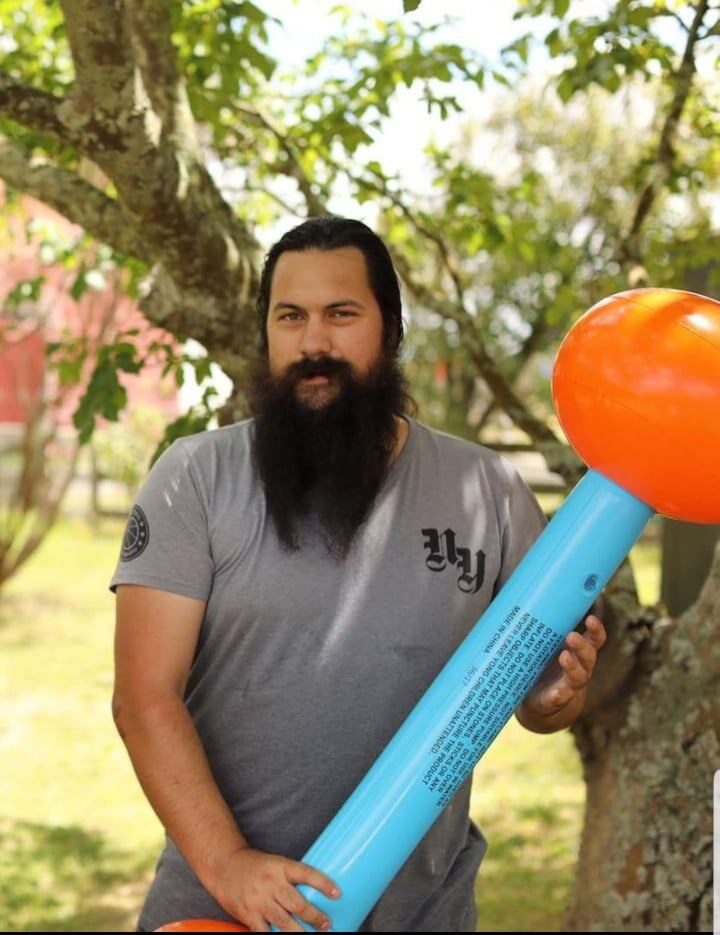
Aaron Maoate. Source/Aaron Maoate. Used with permission.
Maoates' journey into the digital realm started when as a child, he loved breaking his toys apart to see how they worked. He recounts his mother buying him remote control racing cars, only to see him stripping them down, and taking the motors out.
"As a kid I had this desire to just take things apart. I had this obsessed nature of just wanting to know what was inside of something.
"I'd rip open a brand new toy just to take a motor out, and play with that."
Once his whānau purchased a Commodore 64, Maoate taught himself to code and his journey to becoming a digital magus had begun.
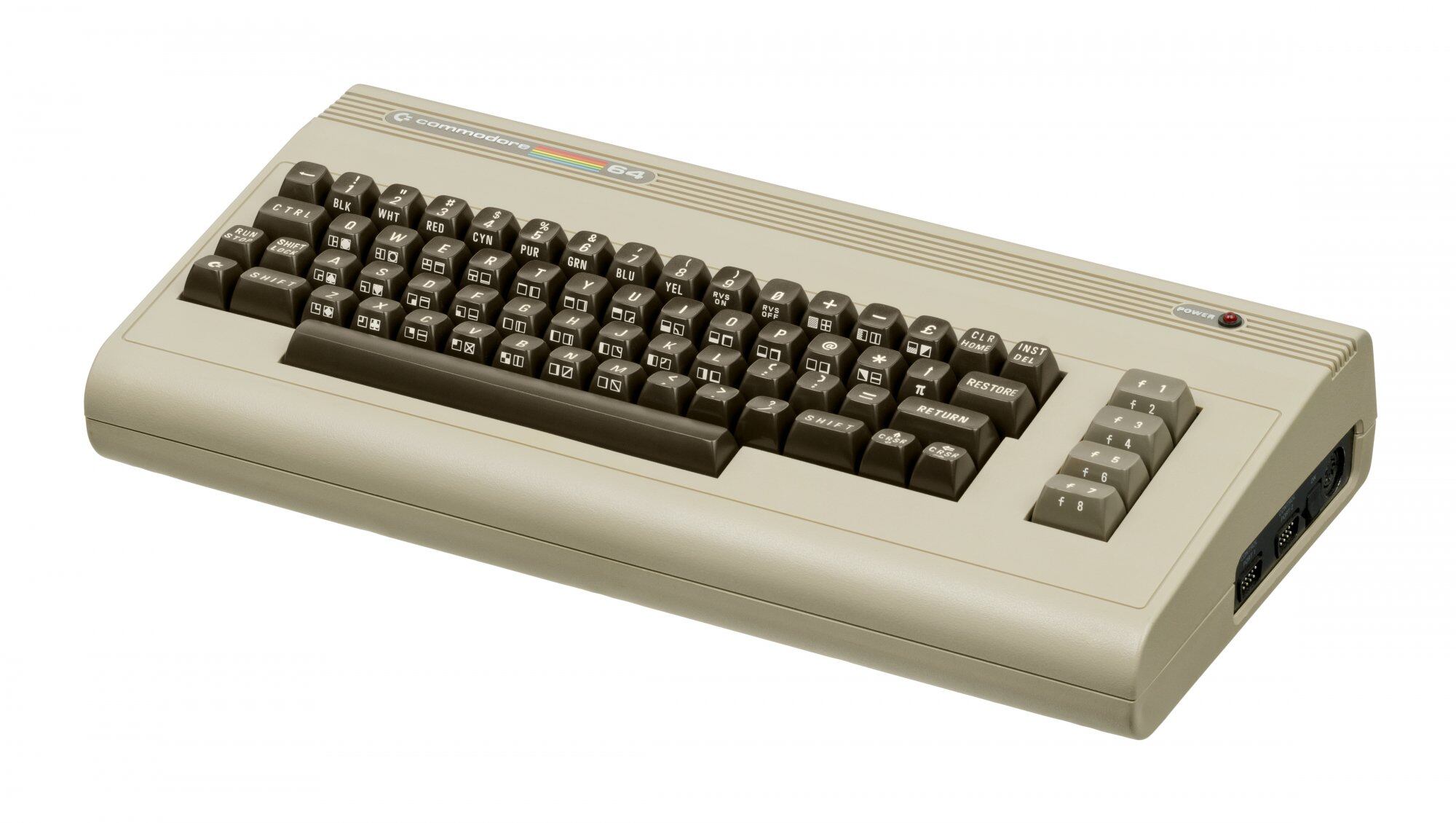
The Commodore 64. Source/Wikipedia.
The father of three believes that the IT/Tech industry is an avenue for Māori and Pasifika to become self-employed.
"That's probably what's technically going to be the future in the next 20-30 years.
"I don't see people aiming for a big corporate job."
Maoate cites content creators that make videos for YouTube and Facebook as an example of that coming into reality.
He also believes that the "gig economy" where people get paid for working online on a job by job basis is coming to Aotearoa, and that Māori and Pasifika can tap into that. Platforms like Etsy, Maoate says, could be used by Pacific people to sell their wares anywhere in the world.
Helping tamariki pursue an IT/Tech career
When asked about how to help tamariki prepare for IT/Tech careers, Harrison remarked that he had seen children and youth turn away from his industry because of what he calls “perceived complexity”.
"So I think overcoming barriers of perception is the start,” he says.
Above all, the AGILE Product Owner says that exposing tamariki to technology is the most important part of fostering them into IT/Tech careers.
Maoate mentioned how the "Bring Your Own Device" policy that some Aotearoa schools are implementing is a great way to expose tamariki to technology. Schemes like this, he says, will help "trivialise technology" by making it familiar. Becoming familiar with technology could remove perceived difficulties.
But the father of three is under no illusions that every child that has their own device will enter the IT/Tech sector.
"You give pencils to everyone and some kids just learn to draw," Maoate says.
"It's like teaching people to read and write. Some of us turn into great writers. Some of us turn into artists. Some of us just you know, go through the motions."
As technology advances, Maoate says that the barriers that could stop Māori and Pasifika from entering the IT/Tech sector will be removed. While technological advances have given kids greater access to smartphones and tablets, he explains that this is not the only way to access the digital revolution.
"As technology gets on, you can really do more with less," he says.
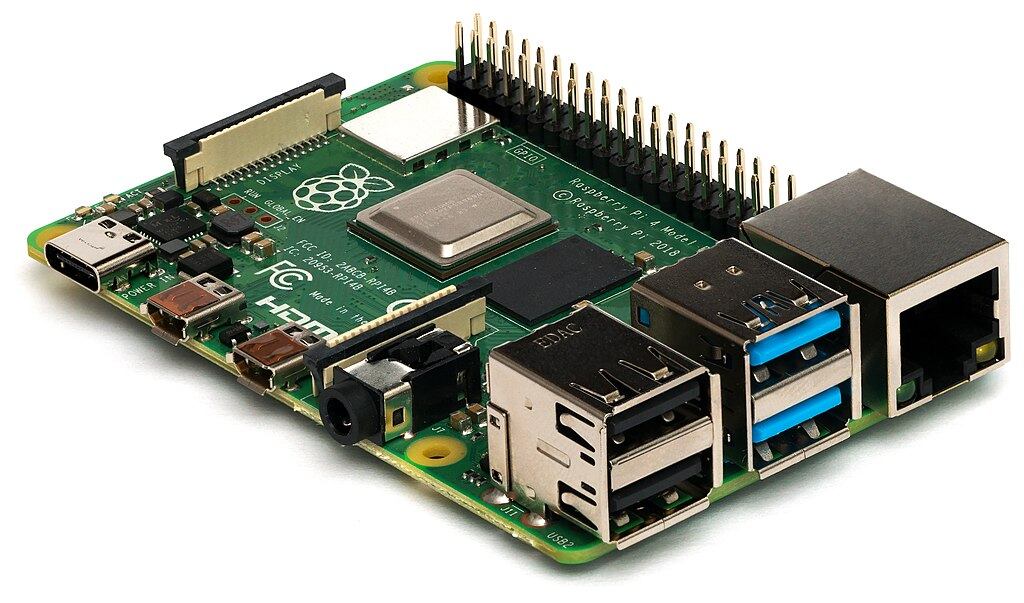
A Raspberry Pi computer. Source/Wikipedia.
For example, with the right knowledge, cheap computers such as the Raspberry Pi can be used to do anything from programming a robot, to building a laser barcode scanner, at a fraction of the cost of an iPad.
Harrison added that exposure to how ideas can be made realities and emphasising the money to be made is key to bringing more Māori and Pasifika into his industry.
“One thing people need to learn, is that you cash up in tech,” he says.
Harrison hopes that Māori and Pasifika won’t be intimidated by his industry. He expressed his frustration at the misconceptions about his work, saying that:
“The Pacific and Māori people I see in tech are just as smart as those not in it.”
Maoate adds, "There's nothing to stop you. All you've got to do, is pick up that device and start being a tutū."
While expressing his nervousness and preference to remain in the background, Harrison concedes that he spoke to Te Ao Māori News with the sincere hope that:
“If one kid or parent takes up tech as a profession as a result then [it’s] worth it.”

